Personal Finance
•
5 mins read
•
October 21, 2020
100-Year-Old Money Lessons That Stand the Test of Time
Money lessons from centuries past that you need now
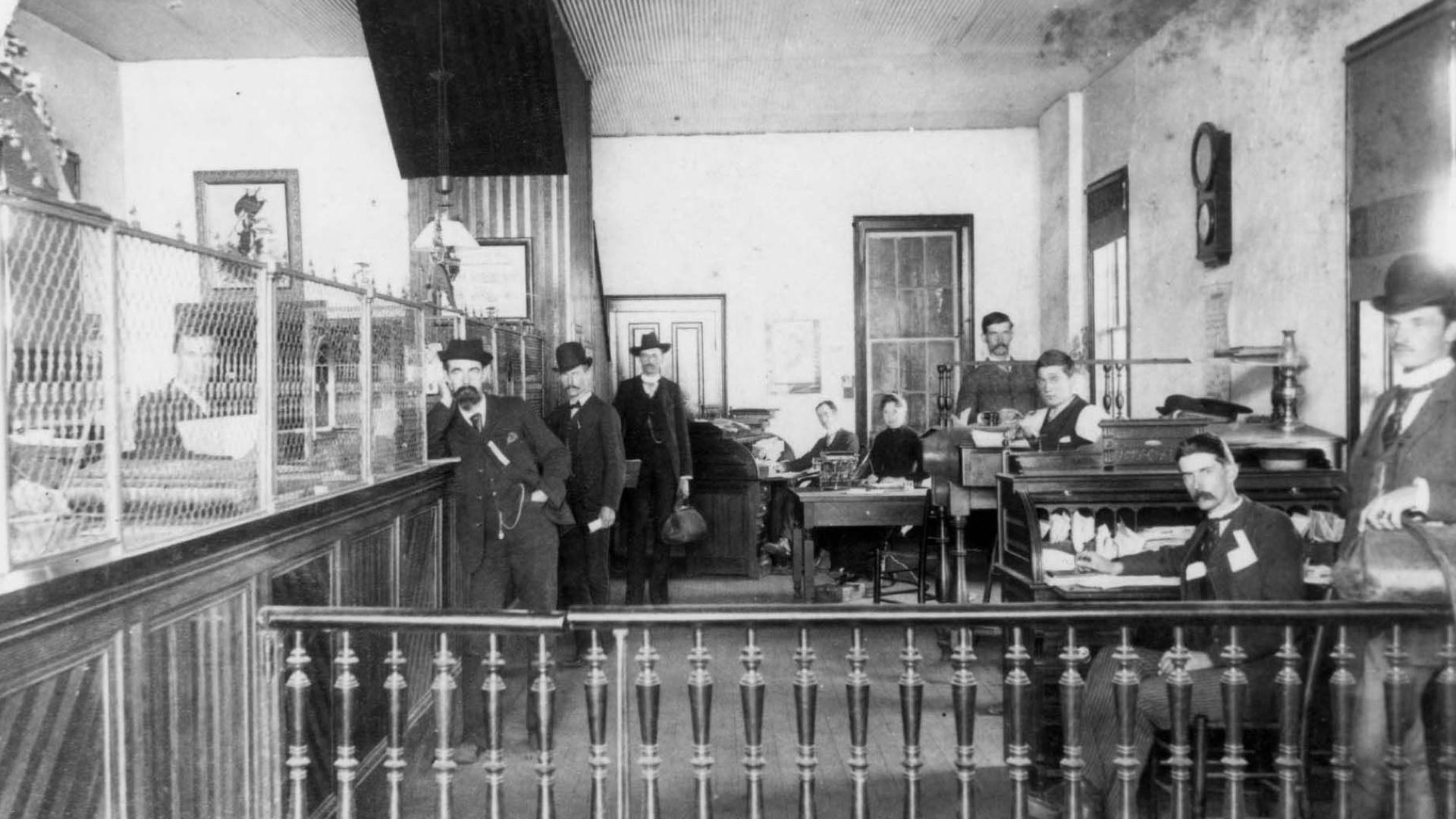
A little nostalgic for the “good old days” right about now? If you know you need to live in the present, but you’re yearning for simpler times, we’re here for you. From P.T. Barnum to Benjamin Franklin and beyond, we’ve gathered some of the best money advice from a century (or more) ago that has stood the test of time.
Ringmaster and Money Master: P.T. Barnum
The same guy who entertained the masses with his unique flair for showmanship also knew a thing or two about making money. In fact, some folks of his time saw him as a bit of a hustler. No matter your opinion of him, Barnum’s book on the subject, The “Art of Money Getting or Golden Rules for Making Money,” contains some honest-to-goodness tips for anyone looking to make (or hold onto) a few bucks.
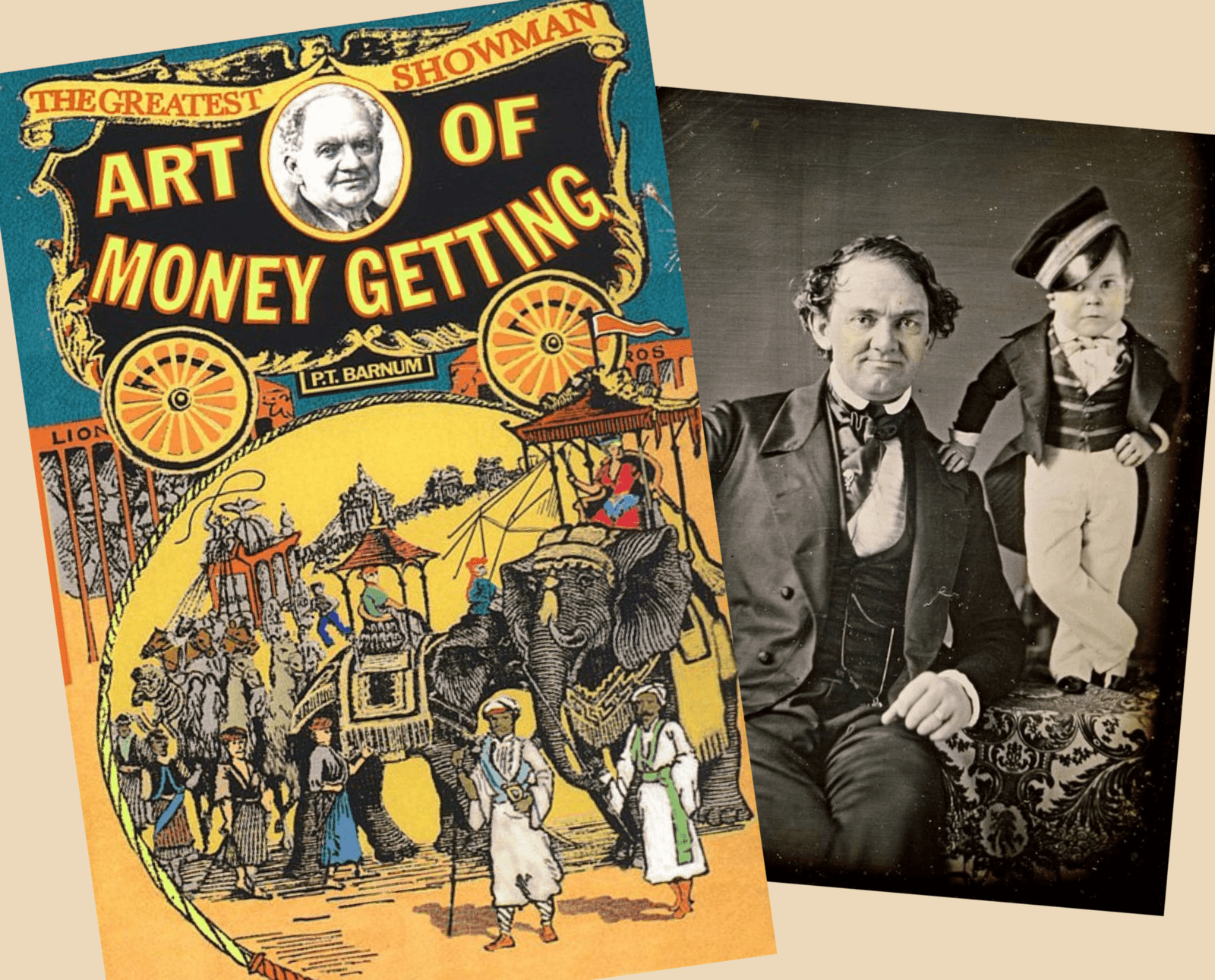
“Learn something useful.”
In Barnum’s words, everyone should “learn some useful trade or profession, so that in these days of changing fortunes of being rich to-day and poor tomorrow they may have something tangible to fall back upon.” His advice to hone your professional skills is just as important today as it was back then. And if you need a side-gig to supplement your income? Take stock of your skillset and
.
Along the same lines, developing practical skills in other areas can save you money, too. Granted, some things you may not want to “DIY.” After all, those home projects tend to look a lot easier on TV. But learning to plant a garden, for example, can help save on seasonal produce. Changing your own car oil could save you on recurring car expenses. Rethink your habit of paying someone to do things you could learn to do on your own.
“Money is like fire, a good servant but an insatiable master”
Barnum’s famous flair extended to his metaphors. He basically means that when you’re earning interest on your money, you’re in charge of it. But when you’re paying interest on money you’ve borrowed, it feels more like the money is in charge of you.
The short of it is, be careful about using credit that you can’t cover in real dollars. Spending beyond your means has a way of catching up to you, and can derail all your best laid plans. Check out
smart from OnJuno.
Benjamin Franklin: Telling It Straight Since 1732
Inventor, statesman, writer, founding father, and entrepreneur Benjamin Franklin also happened to be pretty good at making money. His most successful business venture was the serial publication “Poor Richard’s Almanack,” which came out yearly from 1732 to 1758. Full of useful information, fun facts, literature, jokes, and general advice for living, the almanac was a true bestseller due to Franklin’s wit and skill as a writer (under the pseudonym Richard Saunders).
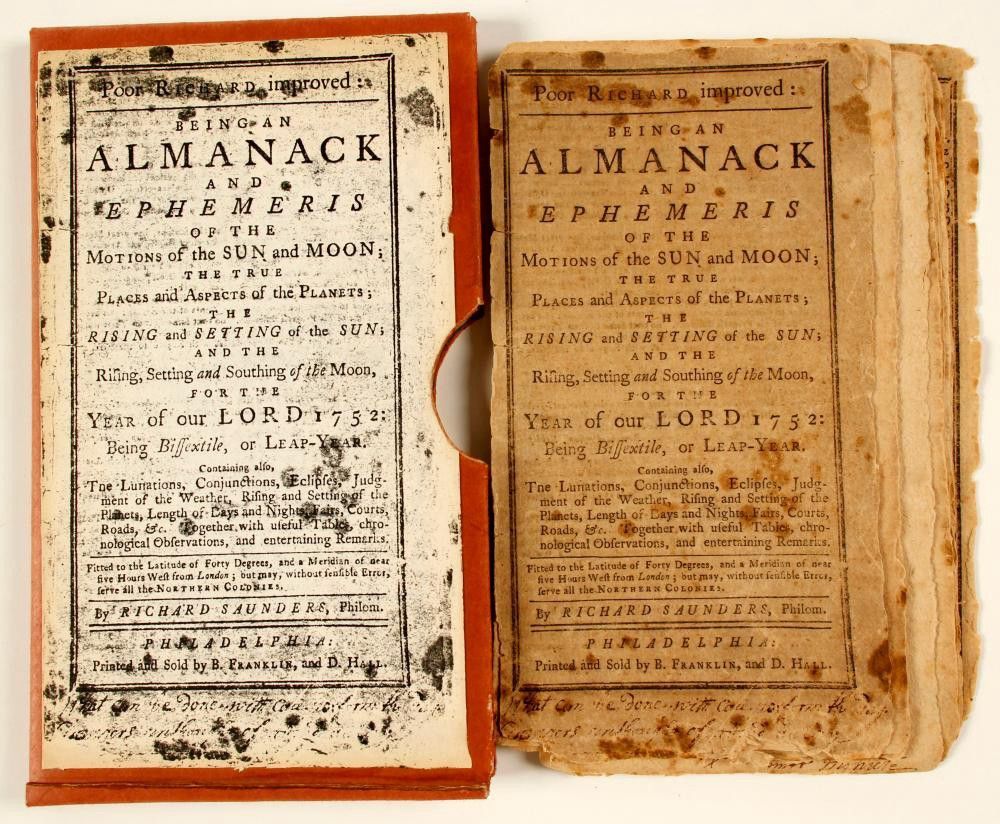
Credit:
You’d be surprised how many timeless one-liners claim their origins from Franklin’s almanac — that are still applicable today. Here are a couple worth adopting:
“A penny saved is a penny earned.”
This pointed reminder not to neglect your savings is as true today as it was for folks in the 18th century. Getting your personal savings in shape is a must-do. Get started by setting up automatic transfers from checking to savings, and put some thought into what savings success looks like to you. It might even be time to open a
dedicated to your newfound purpose. Money in the bank earns interest and stays safe, which is more than you can say for that jar on the shelf. Whatever you do, consistency is key. (Ben probably has an adage for that, too.)
“Never leave till tomorrow what you can do today.”
Franklin wrote lots of pithy proverbs on the subject of industry. While he clearly enjoyed life to its fullest, he’d never be one to tolerate laziness. Take a page from his book and consider what money habit you can start today. Need inspiration? Try one of these
to get started.
A Parable for the Ages: Lessons From George Clason
There’s a reason George Clason’s classic collection of money parables, “The Richest Man in Babylon,” has been in print for nearly a hundred years. Told by the fictional Arkad, a poor scribe who made his way to the good life in ancient Babylon, the parables remain perennially relevant. A couple noteworthy nuggets of wisdom include the following.
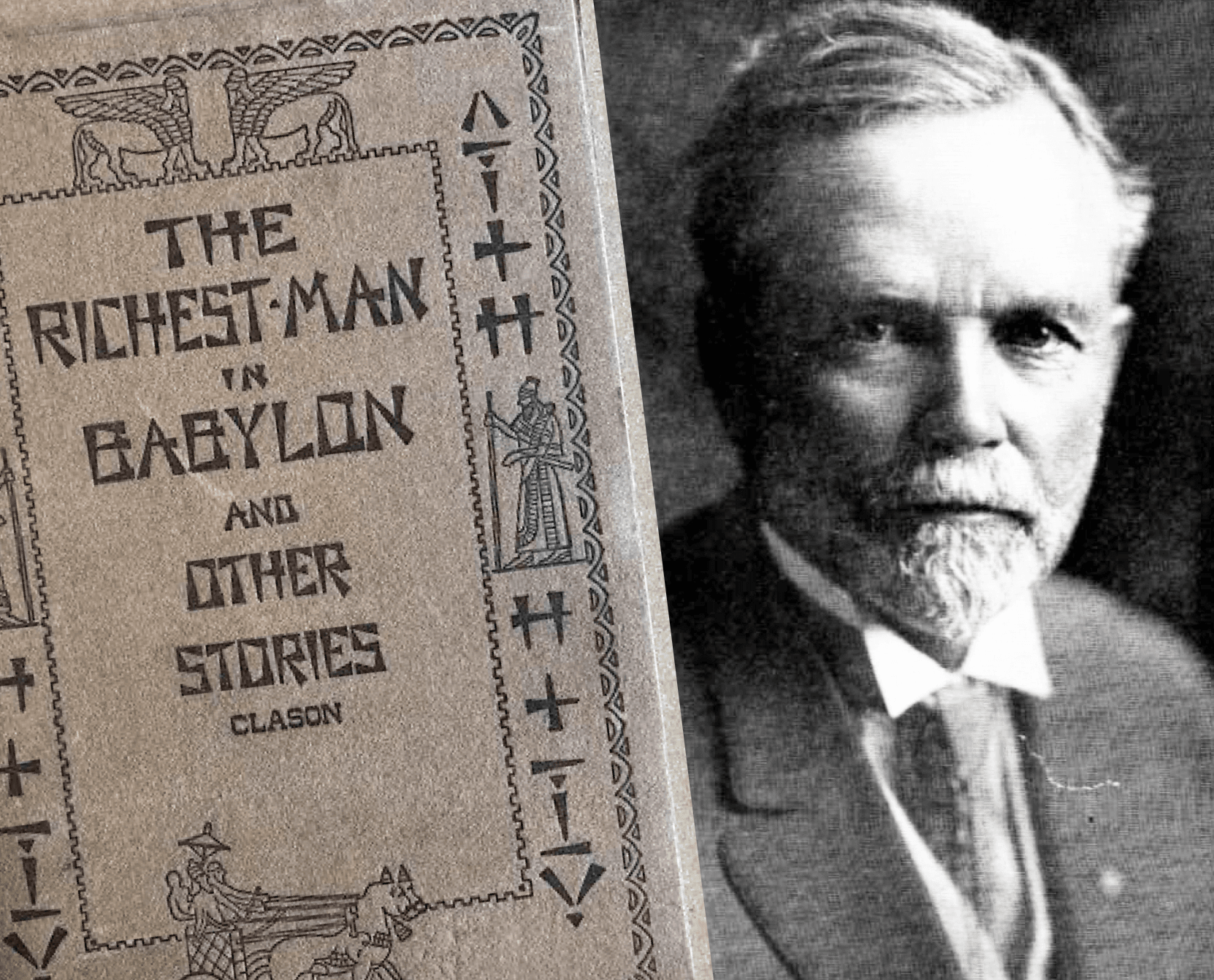
Credit:
“Pay yourself first.”
So often repeated it’s become a financial cliche, this practice remains as solid as ever — and Clason coined the phrase. It simply means before you spend any of your income, be sure to put some aside in savings. Fortunately, nowadays that’s easier than ever. For example, you can designate a portion of your direct deposit to go into savings before it hits your checking account. You’ll never miss it and your savings account will grow in the meantime. It’s a simple step that would make Clason (and Franklin) proud.
“Confuse not the necessary expenses with thy desires.”
In other words, create a budget. If “budget” feels like a curse word to you, think of it as a roadmap to your financial goals. You’ll need to identify wants, needs, expenses, and income in order to get there. Take a look at our
for a step-by-step guide.
Persistence Pays According to Napoleon Hill
Author of runaway best-seller “Think and Grow Rich,” Napoleon Hill had some advice for getting in the proper mindset for success all the way back in the 1930s.
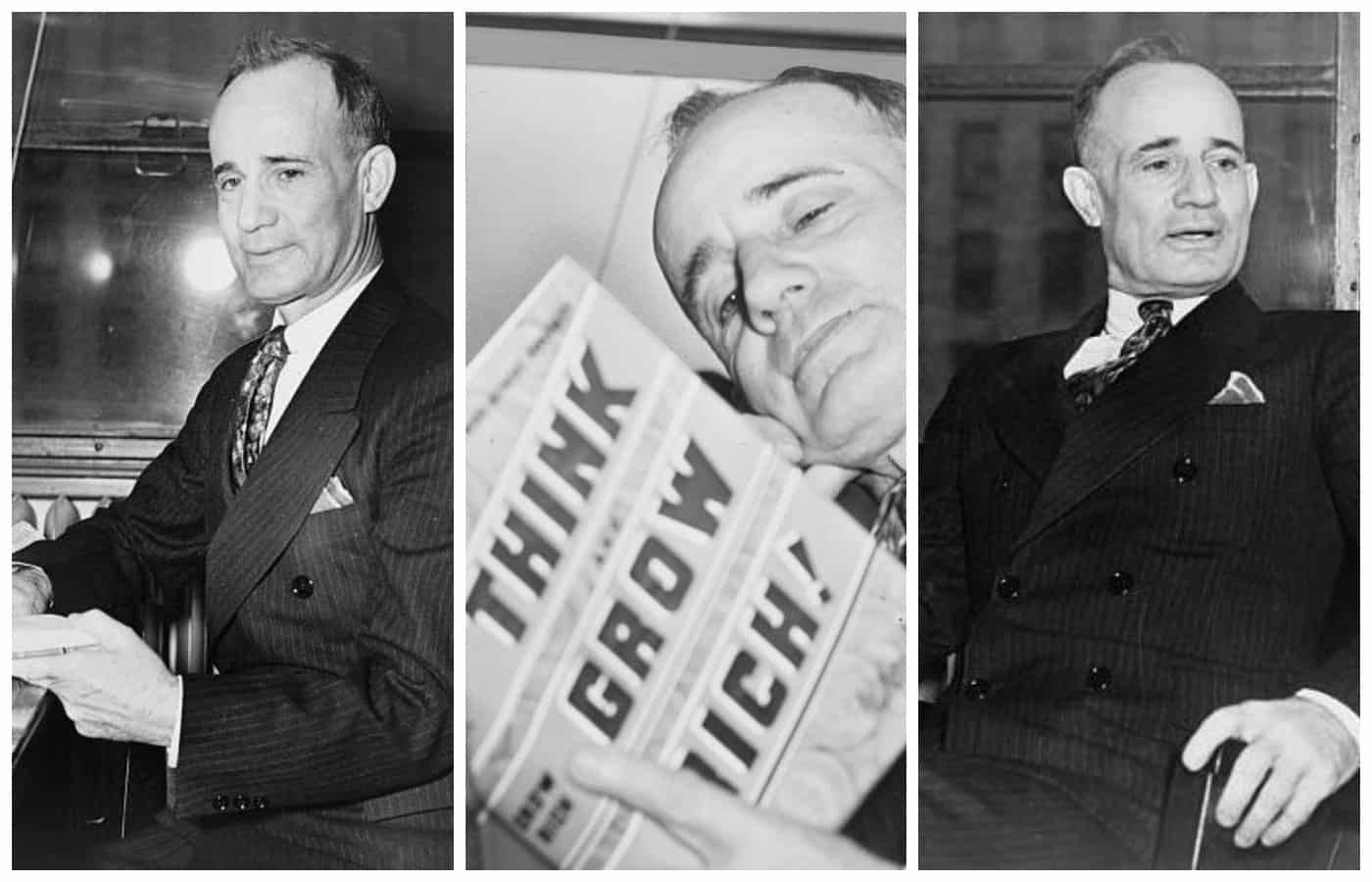
Credit:
“Don’t give up.”
Hill knew that ups and downs are part of life. He pondered, “before success comes in any man’s life, he is sure to meet with much temporary defeat, and perhaps, some failure.” In other words, you’re bound to experience a downturn or two on your way to achieving your financial goals.
But as Hill suggested, a good work ethic will go a long way toward financial freedom. Ask anyone who’s made it big — this century or last: patience and persistence beat trying to “get rich quick” every time.


